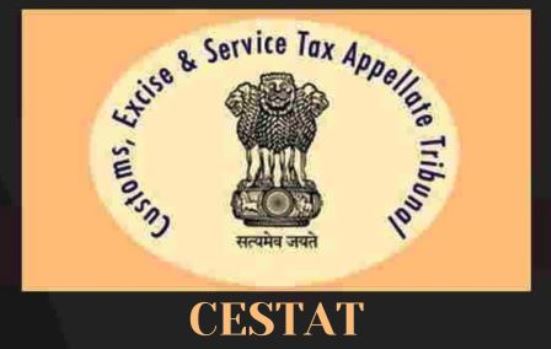LI Network
Published on: February 11, 2024 at 12:05 IST
In a recent ruling, the Kolkata Bench of Customs, Excise, and Service Tax Appellate Tribunal (CESTAT) highlighted that merely possessing two sets of invoices is insufficient to substantiate charges of clandestine removal. The case involved the exclusion of freight and handling charges from the assessable value of excisable goods.
The bench, comprising Ashok Jindal (Judicial Member) and K. Anpazhakan (Technical Member), underscored that the case rested on rough papers discovered during the investigation, allegedly indicating clandestine activities.
These papers were seized from the appellant’s employees, who made statements during the seizure. However, the managing director contested these statements, adding a layer of contradiction to the proceedings.
Notably, the tribunal observed that three parallel invoices forming the basis of the demand against the appellants were not adequately examined. No investigation was conducted with the buyers mentioned in those invoices, nor were the transporters contacted.
The lack of efforts to identify the author of these invoices raised questions about the sustainability of the demand.
The appellant argued that the demand was primarily based on three parallel invoices, rough papers from the investigation, and statements from the appellants’ employees.
Critically, no cross-examination of the employees took place, and the contradictory statements between the employees and the managing director further complicated the case.
The appellant contended that without proper cross-examination and corroboration, the allegations of goods clearance without duty payment or reliance on parallel invoices were not substantiated.
In response, the department asserted that the recovery of parallel invoices during the investigation, admitted by the appellants’ employees, justified the confirmed demand and imposed penalties.
However, the tribunal ruled in favor of the appellant, emphasizing that the demand lacks validity without corroborative evidence. The denial of charges by the appellant during the investigation further supported the need for such corroboration.
The case, titled “M/s. Sharda Rerollers Private Limited Versus Commissioner of CGST,” with Case No. Excise Appeal No.76976 of 2018,

